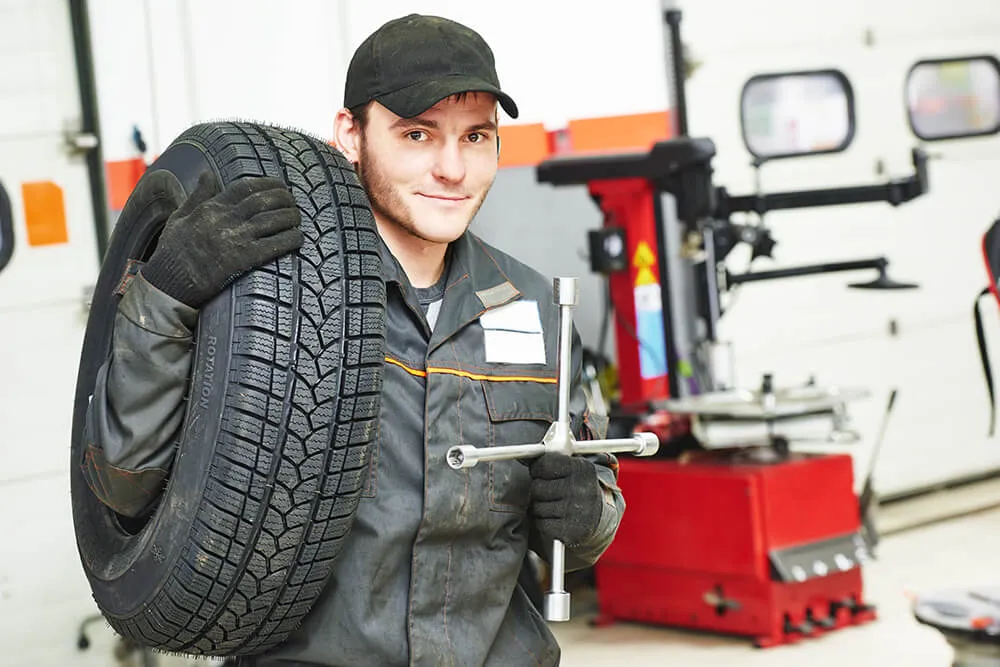Maintaining a European vehicle involves a unique blend of care and attention to detail. Whether cruising through city streets or embarking on a cross-country adventure, keeping your car in top condition is paramount to its performance and longevity. Here are some expert tips to help you navigate the intricacies of European car maintenance and ensure smooth operations on the road.
Regular Fluid Checks
European vehicles often have specific fluid requirements, so stay vigilant about checking and replacing fluids regularly. From engine oil to coolant and brake fluid, each fluid keeps your car running smoothly. Check fluid levels regularly and adhere to the manufacturer’s recommended service intervals.
Quality Parts and Components
Quality is vital when it comes to European cars. Opt for genuine or OEM (Original Equipment Manufacturer) parts and components whenever possible. While aftermarket options may seem more affordable, they often compromise quality and compatibility, potentially leading to performance issues. Investing in high-quality parts ensures optimal performance and reliability for your vehicle.
Professional Maintenance
While DIY maintenance can save you money, some tasks are best left to the professionals, especially when dealing with complex European car systems. Regular servicing by a qualified technician ensures that your vehicle receives comprehensive inspections and necessary repairs. Additionally, professional maintenance identifies potential issues, preventing costly repairs.
Addressing Electrical Concerns
European vehicles are known for their advanced electrical systems, which power everything from entertainment features to essential safety components. If you encounter any electrical issues, such as malfunctioning lights or warning indicators, promptly address them. Ignoring electrical concerns can lead to more significant problems and even safety hazards on the road.
Tire Care and Maintenance
Proper tire care is essential for maintaining traction, handling, and safety. Check your tire pressure regularly and ensure your tires are properly inflated according to the manufacturer’s specifications. Additionally, inspect your tires for signs of wear and tear, such as uneven tread wear or bulges, and replace them as needed. Investing in high-quality tires and regularly rotating them prolongs their lifespan and ensures optimal performance.
Preventive Maintenance Schedule
Create a preventive maintenance schedule tailored to your European vehicle’s specific needs. Refer to the owner’s manual for recommended service intervals and tasks. Regularly scheduled maintenance prevents unexpected breakdowns and ensures your car remains in peak condition year-round.
By following these expert tips for European car maintenance, you can enjoy a smoother, more reliable driving experience and prolong the life of your vehicle. Remember, staying proactive and attentive to your car’s needs keeps it running smoothly for years.

